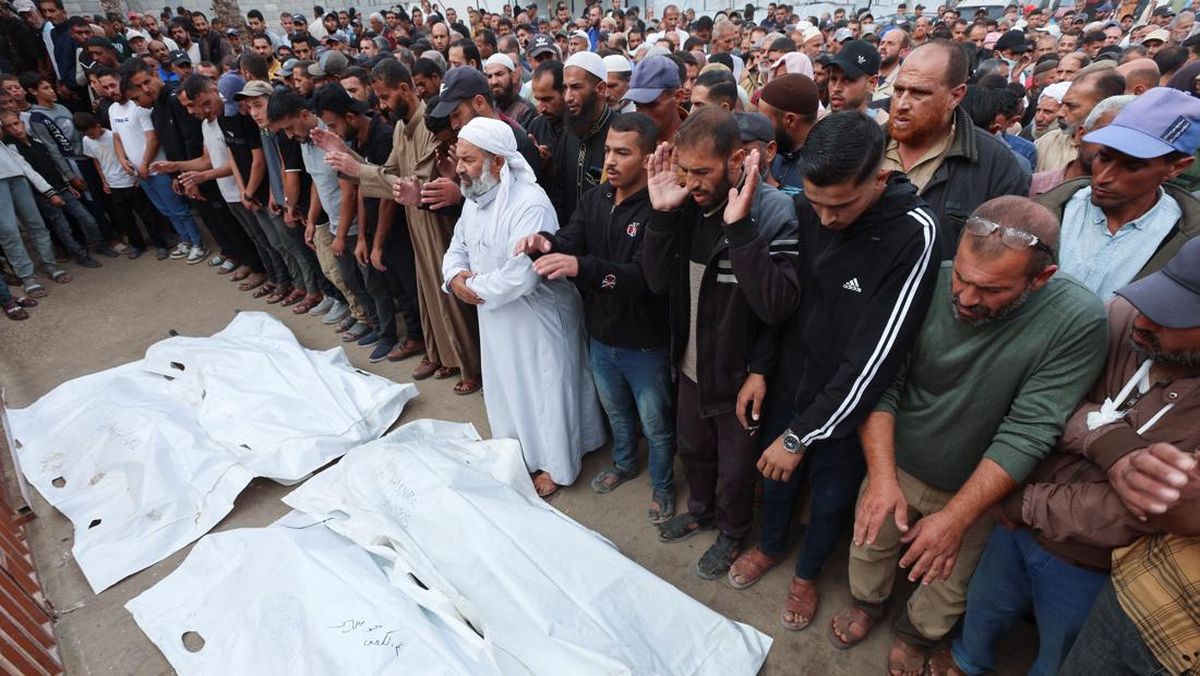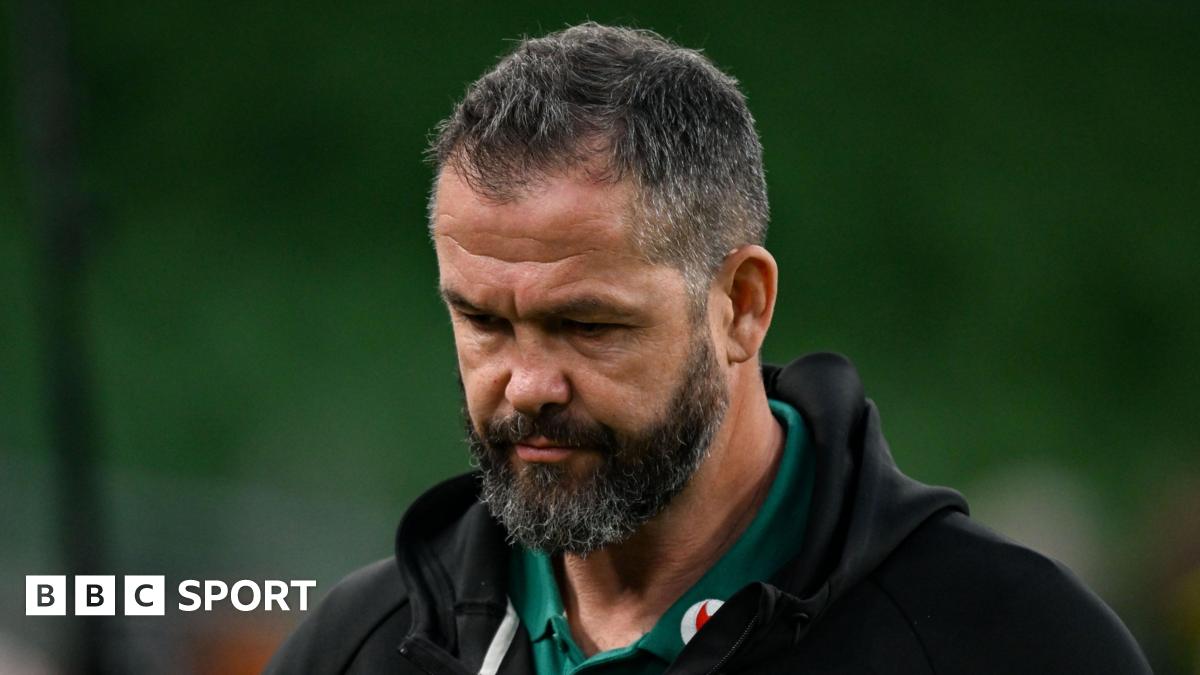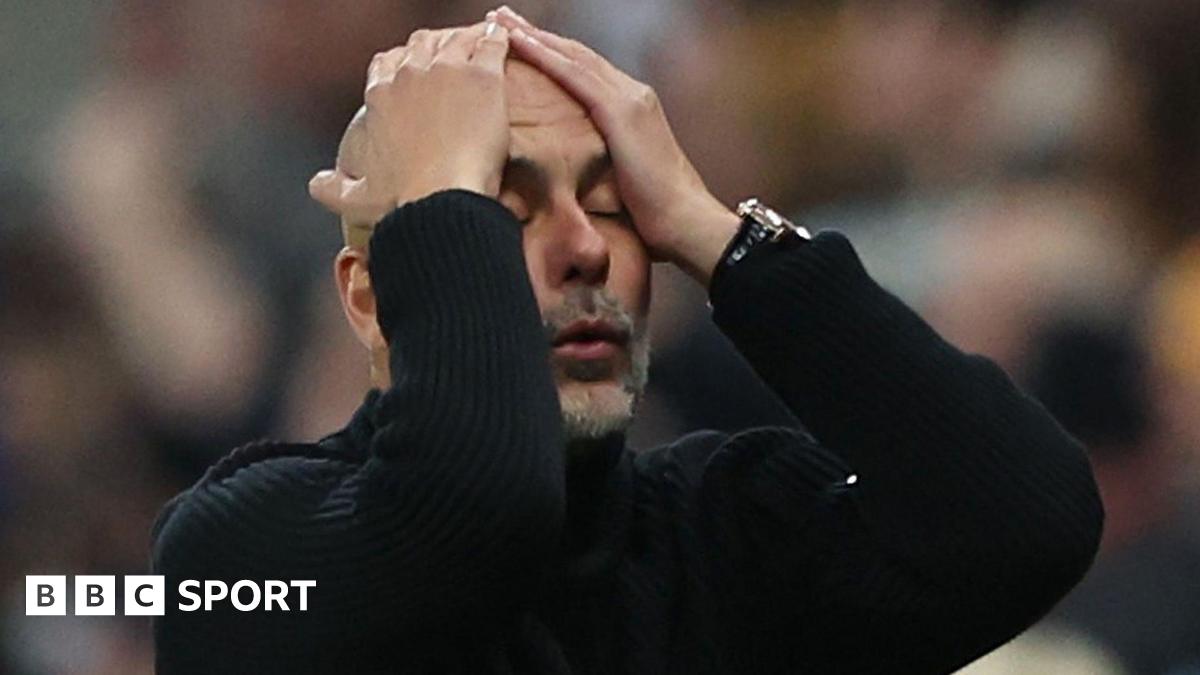Senior figures at league headquarters have privately conceded in recent weeks that they may have jumped too quickly at fixturing Thursday nights every week. They are considering scaling back in 2026.
The cause of the angst created by a glut of dud Thursday and Friday night matches can be traced way back to March and an event not even the all-powerful AFL could control.

AFL chief Andrew Dillon at the league’s season launch in Sydney.Credit: Getty Images
As AFL boss Andrew Dillon approached the league’s season launch at Sydney’s Luna Park, he wasn’t just dealing with a fixture storm. It was an actual storm. A cyclone, actually. Cyclone Alfred.
Brisbane’s season-opener against Geelong had to be called off. Hours earlier, Queensland Premier David Crisafulli had detailed the crisis plans he has for his state ahead of the predicted wild and wet weather.
Two days later, the league announced Gold Coast’s clash with Essendon would be moved to the end of the season. It was a decision that raised eyebrows across the competition. Was it better for Gold Coast and Essendon players because it allowed them to keep their mid-season bye? Yes. Was it an unnecessary risk given how it could compromise the latter stages of the fixture? Also yes.
Loading
“When looking at the rescheduling of these matches we had a focus on having the least amount of disruption on the competition, ensuring that all clubs still have a mid-season bye and managing travel arrangements across the season – particularly for the four impacted clubs,” Dillon said on March 6.
Dillon, who is seen as more consultative than his ruthless predecessor Gillon McLachlan, allowed the Bombers and the Suns to take part in the discussion about when their game should be played.
Fast-forward five months and Essendon have had a disastrous season, as an injury crisis unfolded that resulted in a record 14 debutants at a club already struggling to overcome years of stunted development.
And yet the Bombers continued to be given prime-time slots. Dillon tried to argue this week that Essendon was in solid enough form when the floating fixture was locked in. That’s not untrue. But the bit he left out was that fixture gurus were hamstrung by a decision they made five months earlier.
Essendon will play Friday night against Geelong in round 22, on a Thursday night against St Kilda in round 22 and a Thursday night against Carlton in round 24 (which is yet to be officially announced).
That’s designed to allow the Bombers to prepare for a final game against Gold Coast on Wednesday, August 27, after round 24 and before the pre-finals bye. Essendon fans could be forgiven for switching off, if they haven’t already.
Add to this a succession of lopsided matches - round 20 featured the fifth-biggest aggregate this century – and the fact that only one finals spot has realistically been up for grabs since mid-July, and the atmosphere of concern at AFL House is understandable. To be fair, 13 teams were still in the contention at the same stage last year, and few could have foreseen that another powerhouse club, Carlton, would join the Bombers and Richmond in the bottom rungs of the ladder.
The view from clubland
The revelation by this masthead last month that the AFL is considering a secondary tournament during the season has been met with scepticism among clubs. This masthead has canvassed eight club presidents, chief executives and football bosses, most of whom have expressed reservations about the merits of a mid-season competition.
The scepticism is fuelled partly by the lack of clear detail about the concept, which, according to one figure present at the July meeting of club CEOs where it was tabled, was discussed for no more than five minutes.
Though some have welcomed the idea of creating more “winning moments” and applauded the AFL for being open to change, there are concerns over the impact it could have on the premiership season.
While there is an appetite for innovation inside AFL headquarters, one club president likened the idea to a widely ridiculed format trialled by the league in 2018-19.
“This might be the modern-day AFLX,” the club president said, referring to the novelty competition that is best remembered by fans for the garish promotional image featuring former league boss Gillon McLachlan accompanied by a parachutist, circus acrobats and a football-shaped mascot.
But AFL executives are seriously discussing an in-season competition.
How would it work?
The concept is very much at “ideation stage”, according to sources in the industry, as evident in the wide range of ideas put forward. The competition could be part of the regular home and away season, be completely separate and spread across the season over, say, three rounds or be played in a concentrated block. A knockout FA Cup-style competition was also put forward.
One suggestion was for the games to be played à la Gather Round in the one region or across multiple states with more than one trophy available. The winner of the matches played in Queensland, for example, could take home the Sunshine Bowl.
The idea of matches being played in the Northern Territory, New Zealand and even the US are all up for discussion, according to a source present at the meeting.

AFLX was a short-lived novelty.Credit: Getty Images
The league’s broadcast partners, Seven and Foxtel, are not across the details either, but Fox has expressed its willingness to explore new ideas.
“Post-season, we will work with the AFL and consider any innovations they put forward to grow the game,” a Foxtel spokesperson said.
Is a mid-season prize worth winning?
There is only one trophy that matters – the premiership cup – and changing this deeply ingrained belief requires plenty of thought.
Just as they did with the demise of State of Origin in the 1990s and the pre-season tournament that was disbanded in 2013 after being a major hit in the 1990s and early 2000s, clubs hold the key to whether a competition or concept will succeed.

When St Kilda won the Wizard Cup in 2004, Grant Thomas and Lenny Hayes didn't crack a smile because they wanted to appear intent on the bigger prize.Credit: John French
As history has shown, for it to be accepted by the fans, the best players need to play, but clubs won’t field their stars to win a Mickey Mouse tournament if it jeopardises their premiership bid. Would Collingwood risk veterans Scott Pendlebury or Steele Sidebottom in a secondary comp? Would Dusty Martin or Buddy Franklin really come out of retirement to play in it?
A golden ticket into September has also been floated. However, as several figures have noted, this would undermine the integrity of the home and away season.
Other potential prizes include a single premiership point, which could be of huge value to clubs with inferior percentages, draft picks and soft cap releases, though there was a feeling among club chiefs the latter two would not be a sufficient carrot.
Loading
“It would be taken more seriously if you were guaranteed finals,” a club president said. “That becomes valuable, you can lock it away. If that came at the expense of someone above them, then you can imagine the hue and cry. Other than that, I can’t see clubs treating it really seriously.”
Club leaders are more open to a finals wildcard round, and the AFL’s new football boss Greg Swann said this week the league would consider that option upon Tasmania’s entry. This would essentially create a top 10 in a 19-team competition.


















































